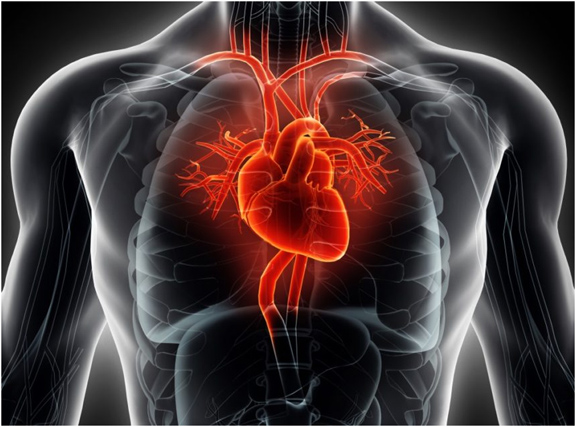The heart has four valves which tends to open and close to keep blood flowing into and out of the heart. The valves help to keep blood flowing in one direction, and open so that blood can be pumped out, then shut to keep it from coming back in but the valvular disease can happen when there is a problem with any of the 4 heart valves which are the mitral valve, tricuspid valve, pulmonary valve and aortic valve.
Normally, the problem can be seen with the valves on the left side of the heart (the aortic and mitral valves). There can be two issues that are stenosis and regurgitation.
Causes
In an interview with HT Lifestyle, Dr Mayuresh Pradhan, Consultant Cardiovascular Thoracic and Heart Transplant Surgeon at Wockhardt Hospitals on Mira Road, explained, “Stenosis is seen when the valve narrows, which causes less blood to pump overall. Regurgitation is when the valve gets leaked in the wrong direction, letting blood back into the heart instead of sending it out. Did you know? Some people are born with valvular heart disease while a large number of them develop it as they age. One can also suffer from valvular heart disease as a result of a bloodstream infection, heart attack, or even congestive heart failure.”
Symptoms
According to Dr Mayuresh Pradhan, some people may not showcase any symptoms at all. He revealed, “The treating doctor can hear the unusual sound (heart murmur) during an examination but some signs associated with this disease are shortness of breath, chest pain, dizziness, lightheadedness, passing out and leg swelling. One needs to get a prompt diagnosis as these are the symptoms of congestive heart failure too. Other signs are fatigue, abdominal swelling, hoarse voice, abdominal pain, and inability to swallow food.”
He added, “Are you aware? One of the potential causes behind the occurrence of valvular heart disease is Rheumatic Heart Disease. Other reasons can be congenital, Ischaemic Heart Disease, age and bloodstream infections. On noticing these symptoms, one will have to consult the doctor without any further delay.”
Diagnosis
Dr Mayuresh Pradhan highlighted, “Your doctor will suggest you an echocardiogram, or an ultrasound of your heart to check the functioning of the heart and diagnose any abnormalities. Once the diagnosis of heart valve disease is confirmed, you need to seek appropriate treatment.”
Treatment
Asserting that medication and surgery will help one to get back on track, Dr Mayuresh Pradhan recommended, “Valve surgery to repair or replace the damaged valve is based on which valve is damaged. One with heart valve disease will have to go for regular follow-ups with the doctor and do echocardiograms from time to time to know if the disease is getting better or worse. Along with treatment, it is imperative to eat a well-balanced diet, quit smoking, exercise daily, eat less salt, stay stress-free and control high blood pressure, cholesterol and blood sugar levels.”
Source: HT
